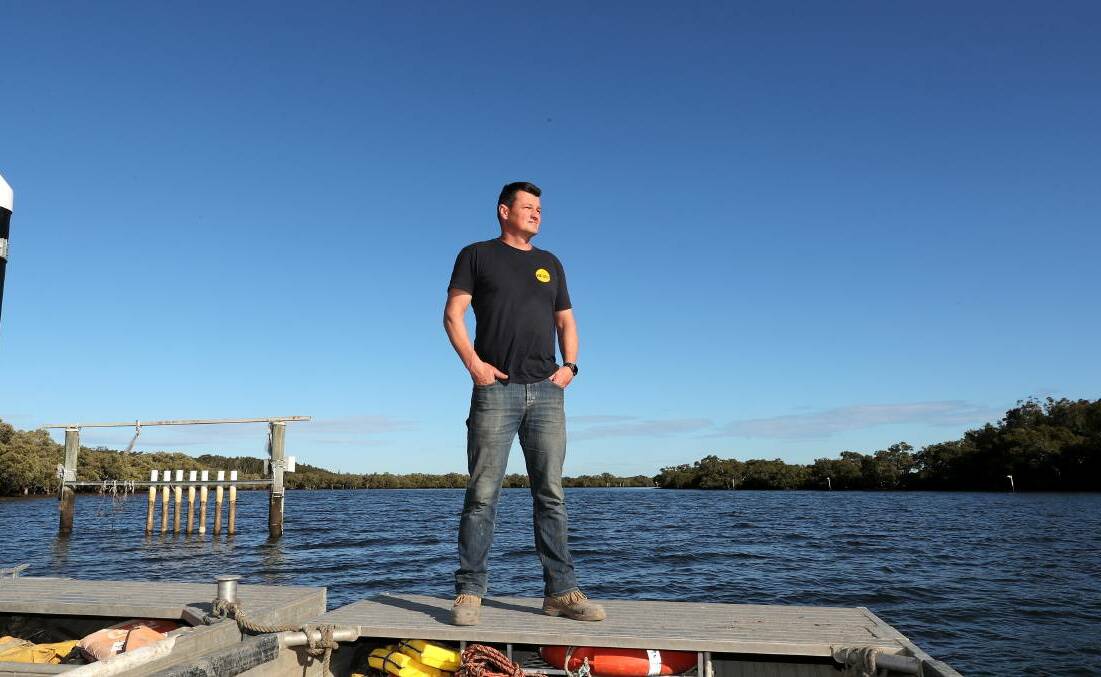
WITH Christmas around the corner, it's one of the busiest times of the year for oyster farmers, but it's been tough for Port Stephens after a deadly disease wiped out their racks.
Not harmful to humans, the 'Queensland Unknown' (QX) disease was first detected in Sydney Rock Oysters from Port Stephens in August 2021.
Fortunately the NSW Government has responded to the need for assistance and waived a $240,000 Fisheries and Food Authority State Levy Fee for 2023/2024.
Minister for Agriculture Tara Moriarty said the fee waiver could be received by all, regardless of their size of production history or income.
And the good news is, oysters from Port Stephens remain safe to consume, and Ms Moriarty encouraged people to support their local farmers and indulge over the festive period.
Member for Port Stephens Kate Washington said the area has a long and proud history of oyster farming and hoped the fee waiver would provide some relief.
"The last few years have been really tough, I thank (Agriculture minister) Tara Moriarty for hearing firsthand from our local oyster farmers and responding with much-needed, practical relief," she said.
"I'm hopeful that the fee waiver will help some of our struggling oyster farmers stay afloat and continue to produce the local oysters we all love."
With peak season under way, SafeWork NSW inspectors will visit Port Stephens farms to ensure they're meeting their work health and safety obligations.
Workers involved in the aquaculture industry are faced with a broad range of hazards including electrocution, crush related injuries, chemical exposure, lacerations, drowning and skin cancer.
WHS Services Regional director Tony Williams said farmers continue to be "overly represented" in serious workplace injuries and fatalities.
"SafeWork will always be committed to ensuring we do all we can to see these numbers fall," he said.
He said oyster farmers employ a large number of workers along the coast and inspectors will be ensuring they're properly trained, supervised and operating in a safe environment.
"Machinery and plant involved in oyster farming are susceptible to serious wear and tear due to the harsh UV conditions and saltwater these machines are exposed to," he said.
"Inspectors will be ensuring machinery and equipment are in good working order, have attachments fitted correctly and have a seat belt to protect operators."







